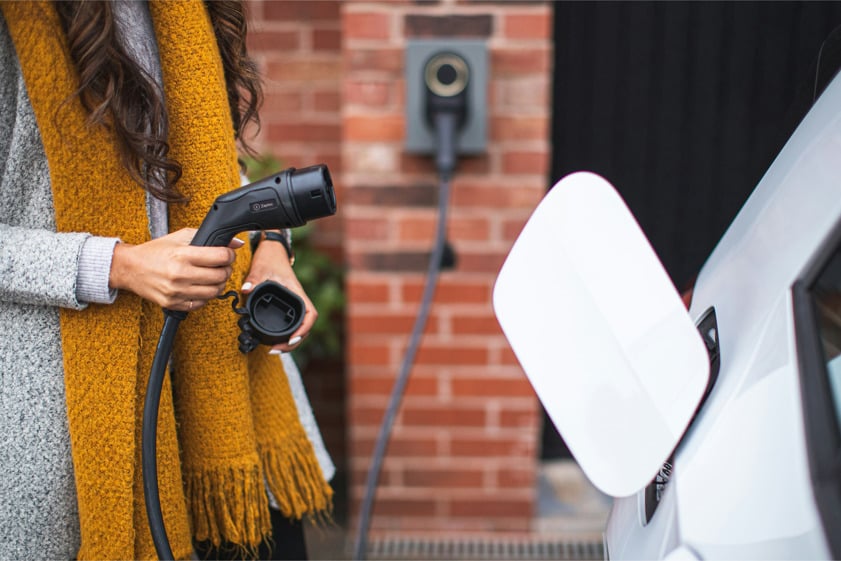
As we edge closer to a greener future, the shift from traditional petrol and diesel engines to electric vehicles (EVs) is accelerating. As of the end of May 2024, Zap Map reports 1,110,000 fully electric cars on UK roads and a further 656,000 plug-in hybrids.
For many electric car owners, it's their first time owning an EV, so knowing what to do differently from your usual petrol/diesel motor can be confusing. From charging protocols to maintenance, there's much to learn.
In this post, we break down the essential dos and don'ts of electric vehicle ownership to help you make the transition to green driving as seamless as possible. Whether you're charging up at home or planning a long-distance journey, we've got you covered.
Charging up to 100% each time can put a strain on your battery and actually reduce its lifespan. It's similar to not always running your smartphone battery down to zero or charging it to full — it helps maintain battery health. Aim to keep it charged between 20% and 80% to extend its range and health. Set your vehicle to limit the charge to 80% for daily use, saving 100% charges for longer trips.
The majority of electric car owners charge their vehicles at home, so it makes sense to invest in a charger and consider high-performance charging solutions.
Some properties don't come with drives, so consider local public charging stations or consider installing a charging point at the front of your property.
It's important to maintain your electric vehicle in the same way you'd maintain a petrol vehicle. Ensure your tyres are kept in good condition while checking your brakes often. While EVs don't have engine oil, they still use brake fluid, and some have coolant for battery management systems. Check these levels regularly.
It's important to make sure all vehicles are road-worthy, and if you have any concerns, it's vital you get in touch with a local garage. Schedule an annual check-up with a service centre experienced in electric vehicles to keep everything running smoothly.
“By adopting smart charging habits and regular vehicle checks, owners can significantly extend the life of their EVs while enjoying a smoother, more efficient driving experience.”

EVs and high temperatures don't mix well, as heat can degrade battery health and efficiency. Whenever possible, park in the shade or a covered area and avoid charging the battery fully when temperatures are high. Consider charging at night and avoid long drives in extreme weather.
If you know that you will need to recharge along your journey, it's important you map out multiple charging points you can utilise along the way. Use apps to find up-to-date information on the location and status of charging points. Always have an alternative charging station in mind in case your primary choice is out of service or busy.
It's vital that you don't wait until the last minute to charge your EV. Electric charging points aren't always as easy to find as petrol stations, and the lower your charge, the less power the vehicle has. It's vital to ensure your car has a suitable charge for its journey. Maintain a habit of charging your vehicle when it reaches about 30% battery capacity. This avoids stress and ensures you're never stranded with a low battery.
Whether you're an experienced EV owner or considering making the switch, continual learning is key to maximising your experience.
Visit our Electric Vehicle Motoring Hub for a wealth of tips, advice, and comprehensive guides to assist you at every stage of your EV journey. From detailed maintenance advice to the latest in EV technology and infrastructure, our hub is your essential resource for all things electric.
Originally posted: 10th June 2024

